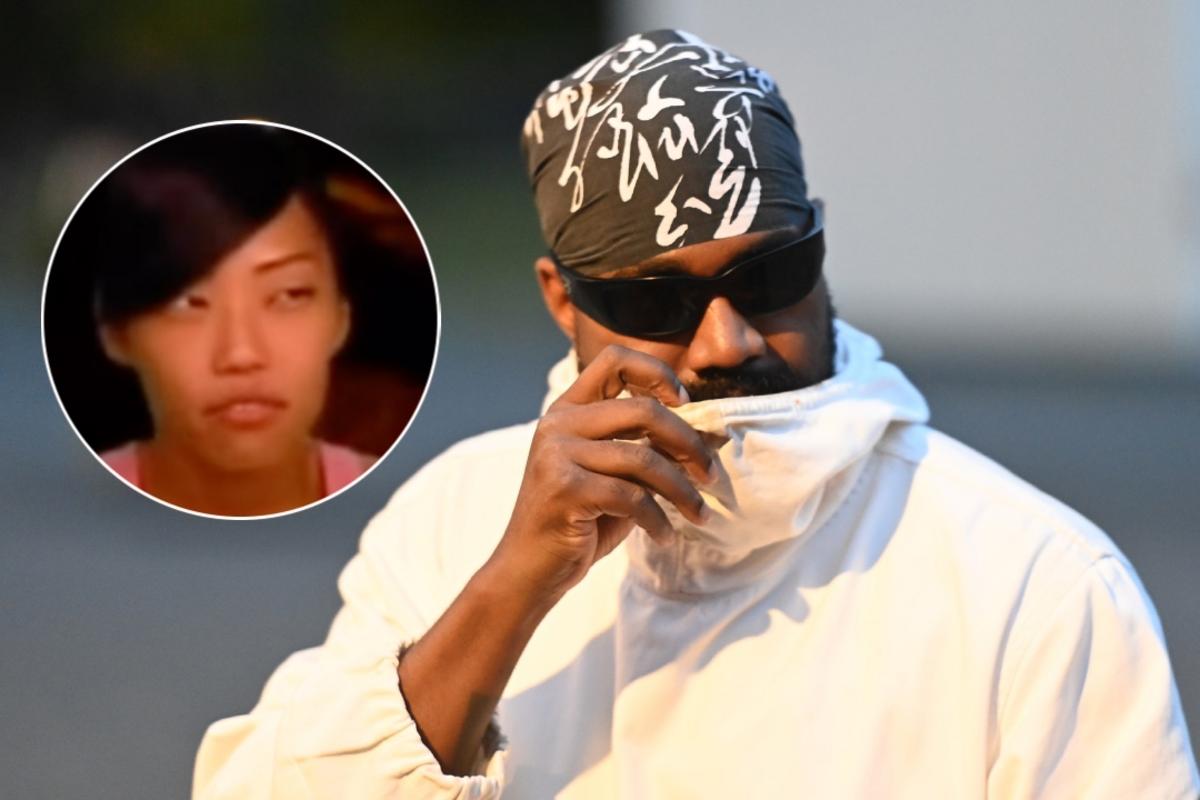Rebel Wilson has lost a bid to dismiss a defamation lawsuit brought by three producers behind her directorial debut, The Deb, who said they were falsely accused by the actress of sexual harassment and embezzlement.
Los Angeles Superior Court Judge Thomas Long ruled that the lawsuit will move forward, finding that Wilson can’t take advantage of a California statute allowing for the early dismissal of cases intended to chill free speech. The actresses’ “statements are not protected activities” and were made in the context of a private business dispute, the court concluded in an order issued on Thursday.
In an Instagram video posted in July, Wilson said she reported producers on The Deb last year when she discovered “inappropriate behavior towards the lead actress of the film” and “embezzling funds from the film’s budget.” She accused them of blocking the movie from premiering at the closing spot of the 2024 Toronto International Film Festival (TIFF) in September.
Producers Amanda Ghost, Gregor Cameron and Vince Holden sued Wilson, claiming that she defamed them in an attempt to release The Deb at TIFF, as well as secure a writing credit on the film. They detailed a combative relationship with the director, who allegedly refused to collaborate with them, deserted the production for months at a time and repeatedly made unauthorized and inappropriate disclosures about the movie. The dispute, they said, came to a head when she moved to seize writing credit for the movie from Hannah Reilly, a recipient of Wilson’s theatre scholarship, despite a contrary decision from the Australian Writers’ Guild, which found that the screenplay credit belongs with Reilly, with Wilson getting an “additional writing by” credit.
Moving to dismiss the lawsuit, Wilson argued that she can avail herself of free speech protections because allegations of sexual harassment and embezzlement she advanced against the producers are in the public interest.
The court rebuffed the argument and said that the assertions are “insufficient to show” that Wilson’s statements constitute protected activity. It noted that an absence of an ongoing controversy or dispute warranting “protection by a statute that embodies the public policy of encouraging participation in matters of public significance.”
The judge stressed that Wilson’s accusations were “made in the context of [her] private business dispute” with the producers surrounding the production and premiere of the move.
In October, Wilson brought a countersuit against the producers over a “troubling pattern” of “theft, bullying and sexual misconduct.” She alleged that Ghost sexually harassed the film’s lead actress, who was allegedly forced to live in the producer’s Bondi Beach penthouse apartment with her.” The lawsuit also claimed that the producers schemed to inflate the film’s budget and pocket the excess funds, embezzling roughly AU $900,000.




















 English (US) ·
English (US) ·